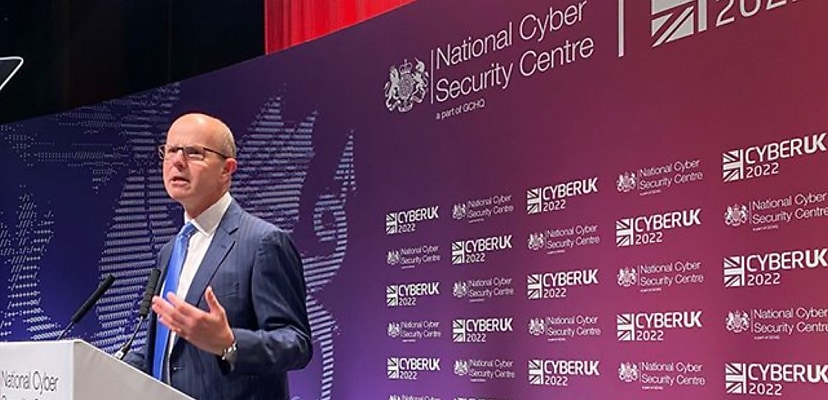Share this article on:
Powered by MOMENTUMMEDIA
Breaking news and updates daily.
Russia has failed to gain ground in cyber space against Ukraine after almost six months since invading the neighbouring country, according to the head of Britain’s GCHQ intelligence service.

In an op-ed published in The Economist last week, Sir Jeremy Fleming, head of Britain's Government Communications Headquarters (GCHQ) intelligence service, wrote that both countries have been "using their cyber capabilities in the war in Ukraine".
"So far, president Putin has comprehensively lost the information war in Ukraine and in the West.
"Although that's cause for celebration, we should not underestimate how Russian disinformation is playing out elsewhere in the world," Fleming wrote.
"Just as with its land invasion, Russia's initial online plans appear to have fallen short.
"The country's use of offensive cyber tools has been irresponsible and indiscriminate."
Russia had deployed WhisperGate malware to destroy and deface Ukrainian government systems. Russia has also deployed an online disinformation strategy, taken from the same playbook used on Syria and the Balkans previously.
While online disinformation is a major part of Russia's strategy, Fleming asserts that the GCHQ has been able to intercept and to provide warnings in time.
The UK's National Cyber Force could respond to Russia, Fleming added, by deploying a UK military unit that employs offensive cyber tools, but he did not go into further detail.
[Related: National security laws activated to bolster Aussie critical infrastructure protection]
Be the first to hear the latest developments in the cyber industry.